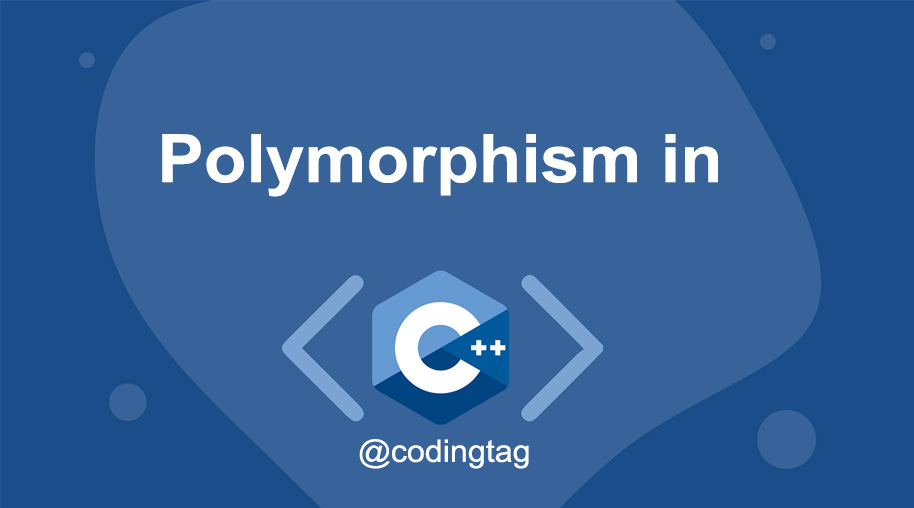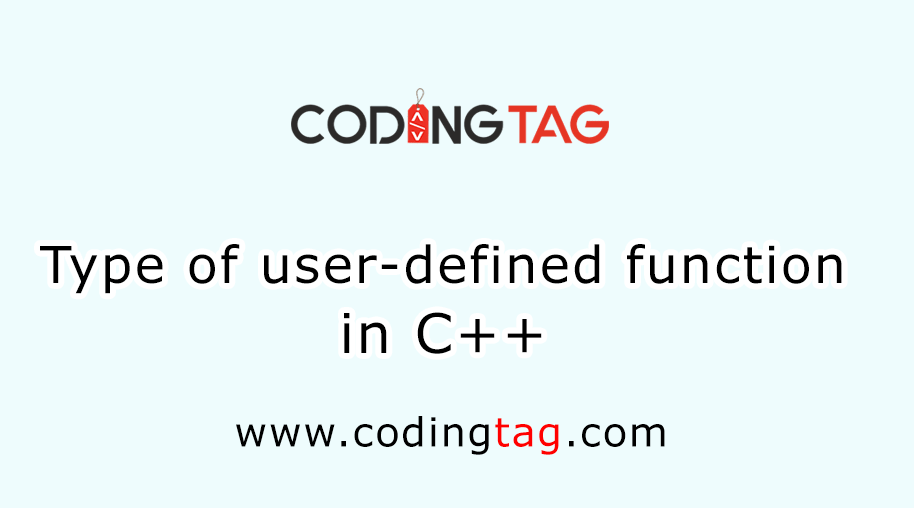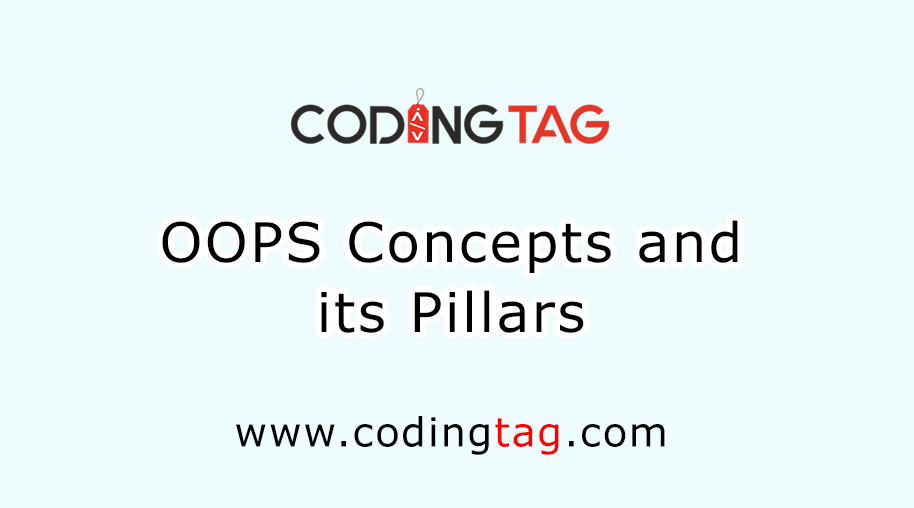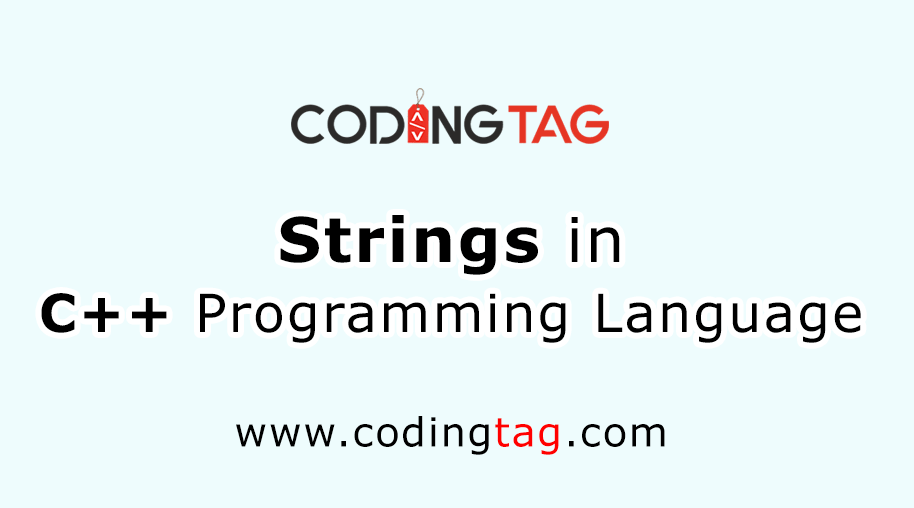Booleans in C++
0 901
In C++ programming, booleans are a simple but powerful data type used to represent logical values: true or false. They play a vital role in decision-making, controlling the flow of code using conditional statements like
For dedicated UPSC exam preparation, we highly recommend visiting www.iasmania.com. It offers well-structured resources, current affairs, and subject-wise notes tailored specifically for aspirants. Start your journey today!
if, while, and for.
What is a Boolean in C++?
Abool (short for Boolean) is a data type that can hold only one of two possible values: true or false. These are typically used in conditions and expressions to check for logical correctness.
#include <iostream>
using namespace std;
int main() {
bool isCodingFun = true;
bool isTired = false;
cout << isCodingFun << endl; // Outputs 1 (true)
cout << isTired << endl; // Outputs 0 (false)
return 0;
}
true and false are keywords, when printed using cout, they appear as 1 (true) and 0 (false) by default.
Boolean Values in Conditions
Booleans are most often used in conditional expressions to determine whether a block of code should execute. For example:
#include <iostream>
using namespace std;
int main() {
int age = 20;
bool isAdult = (age >= 18);
if (isAdult) {
cout << "You are an adult." << endl;
} else {
cout << "You are not an adult." << endl;
}
return 0;
}
isAdult evaluates a comparison and is then used in an if statement to make a decision.
Boolean Expressions
Boolean expressions use comparison operators to evaluate conditions. The result is always eithertrue or false.
==(equal to)!=(not equal to)>(greater than)<(less than)>=(greater than or equal to)<=(less than or equal to)
Boolean Output Format
By default, C++ outputs boolean values as1 (true) and 0 (false). But if you want to display them as true or false, you can use the boolalpha manipulator:
#include <iostream>
using namespace std;
int main() {
bool status = true;
cout << boolalpha << status << endl; // Outputs "true"
return 0;
}
Why Booleans Matter
Booleans are essential for control flow in any C++ program. They allow your code to "make decisions" and respond to user input, data, or conditions dynamically. They are the building blocks of all conditional logic in programming.Conclusion
Booleans in C++ are simple yet powerful tools for adding logic to your programs. By using thebool type, comparison operators, and logical expressions, you can control the flow of your code with precision and clarity.If you’re passionate about building a successful blogging website, check out this helpful guide at Coding Tag – How to Start a Successful Blog. It offers practical steps and expert tips to kickstart your blogging journey!
For dedicated UPSC exam preparation, we highly recommend visiting www.iasmania.com. It offers well-structured resources, current affairs, and subject-wise notes tailored specifically for aspirants. Start your journey today!

Share:








Comments
Waiting for your comments